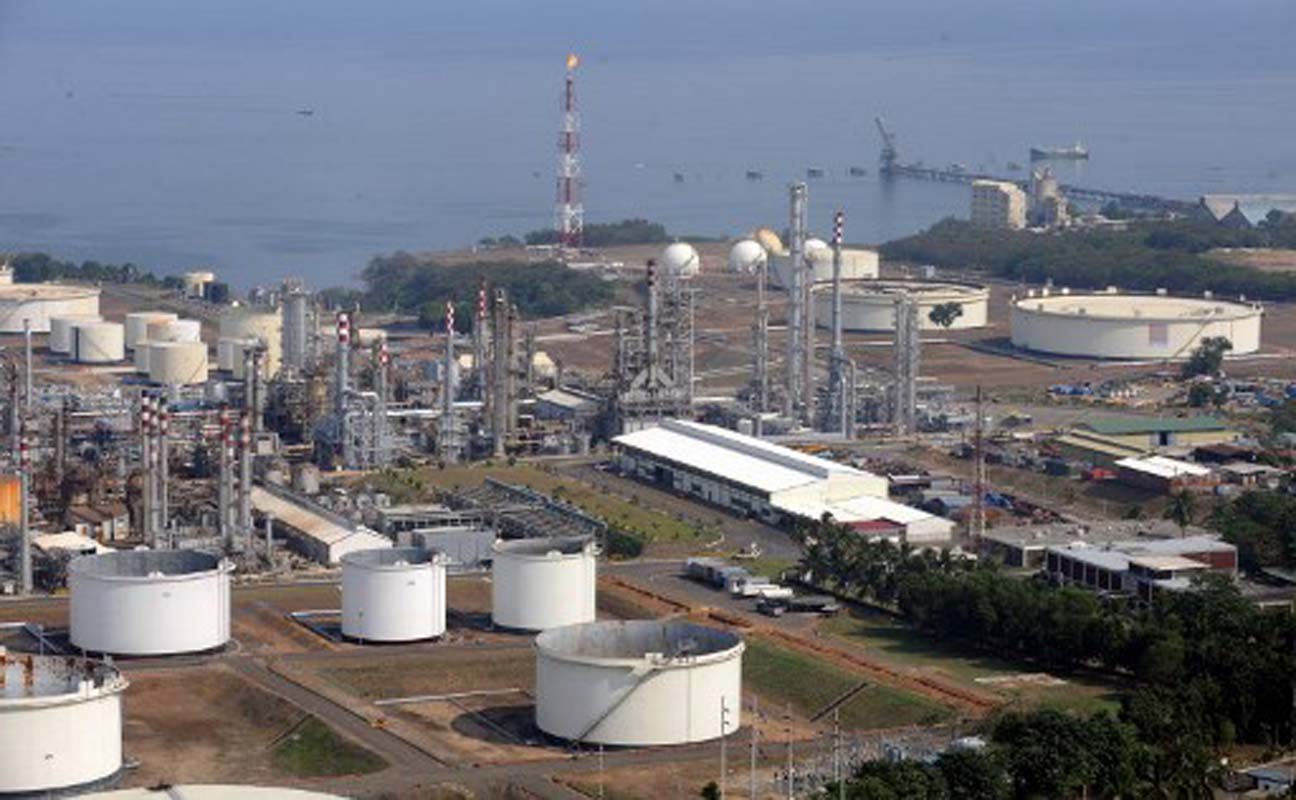
403
Sorry!!
Error! We're sorry, but the page you were looking for doesn't exist.
EU countries continue purchasing Russian energy
(MENAFN) The Chair of the Federation Council, Valentina Matvienko, has asserted that European Union (EU) countries are surreptitiously continuing to buy Russian oil and gas, contrary to their public declarations of abandoning such energy supplies. Speaking at an event organized by the Federation Council, the upper chamber of the Russian parliament, Matvienko argued that the European Union's efforts to punish Russia by refraining from importing Russian energy have, in reality, resulted in self-inflicted consequences.
Matvienko highlighted that Russia's strategic decisions have paved the way for a promising and friendly market for the country's oil, gas, and petroleum products. According to her, these markets now include the Asia-Pacific region, global South countries, and others, emphasizing that "some European states quietly, without announcing it, still purchase both oil and gas [from Russia] through third or fourth channels."
Despite the stringent sanctions imposed by the European Union, G7, and allies over the conflict in Ukraine, Matvienko emphasized the global interest in developing mutually beneficial cooperation with Russia. She called for the continuation of efforts to provide energy supplies, emphasizing that overcoming obstacles requires collaborative and policy-aligned action.
The accusations by the Russian official shed light on the complex dynamics of international energy relations, where public statements may not necessarily align with the discreet actions of individual states. The ongoing geopolitical tensions and restrictions imposed on Russia, including measures like the oil price cap preventing Moscow from selling its oil for more than USD60 per barrel, add a layer of complexity to the global energy landscape.
Furthermore, the article explores the impact of Russia's countermeasures, such as President Vladimir Putin's ban on sales of Russian oil and petroleum products under contracts allowing the use of the price ceiling. As global energy dynamics evolve amid geopolitical conflicts, the covert nature of energy transactions raises questions about the interplay between political posturing and practical energy needs in an interconnected world.
Matvienko highlighted that Russia's strategic decisions have paved the way for a promising and friendly market for the country's oil, gas, and petroleum products. According to her, these markets now include the Asia-Pacific region, global South countries, and others, emphasizing that "some European states quietly, without announcing it, still purchase both oil and gas [from Russia] through third or fourth channels."
Despite the stringent sanctions imposed by the European Union, G7, and allies over the conflict in Ukraine, Matvienko emphasized the global interest in developing mutually beneficial cooperation with Russia. She called for the continuation of efforts to provide energy supplies, emphasizing that overcoming obstacles requires collaborative and policy-aligned action.
The accusations by the Russian official shed light on the complex dynamics of international energy relations, where public statements may not necessarily align with the discreet actions of individual states. The ongoing geopolitical tensions and restrictions imposed on Russia, including measures like the oil price cap preventing Moscow from selling its oil for more than USD60 per barrel, add a layer of complexity to the global energy landscape.
Furthermore, the article explores the impact of Russia's countermeasures, such as President Vladimir Putin's ban on sales of Russian oil and petroleum products under contracts allowing the use of the price ceiling. As global energy dynamics evolve amid geopolitical conflicts, the covert nature of energy transactions raises questions about the interplay between political posturing and practical energy needs in an interconnected world.

Legal Disclaimer:
MENAFN provides the
information “as is” without warranty of any kind. We do not accept
any responsibility or liability for the accuracy, content, images,
videos, licenses, completeness, legality, or reliability of the information
contained in this article. If you have any complaints or copyright
issues related to this article, kindly contact the provider above.


















Comments
No comment